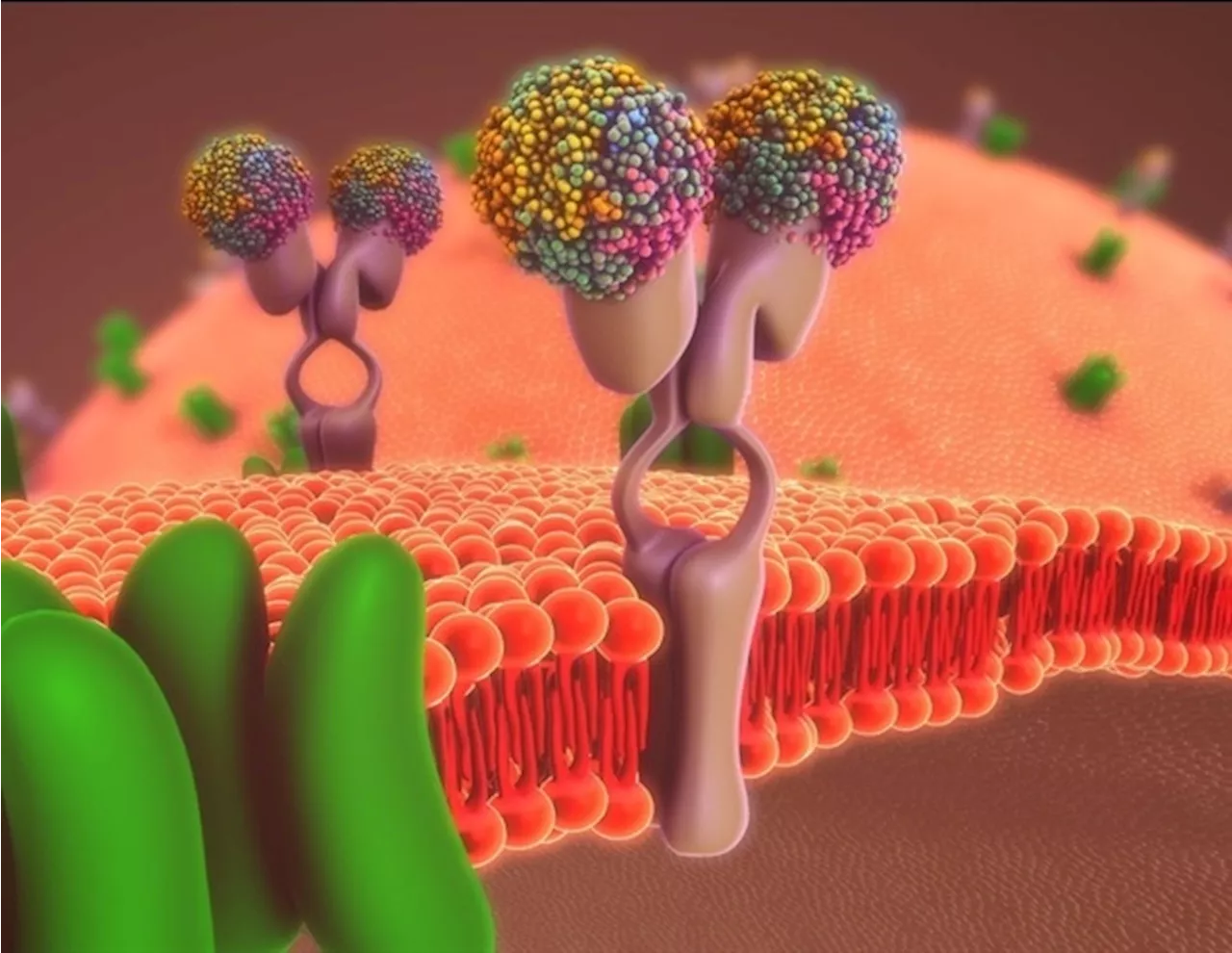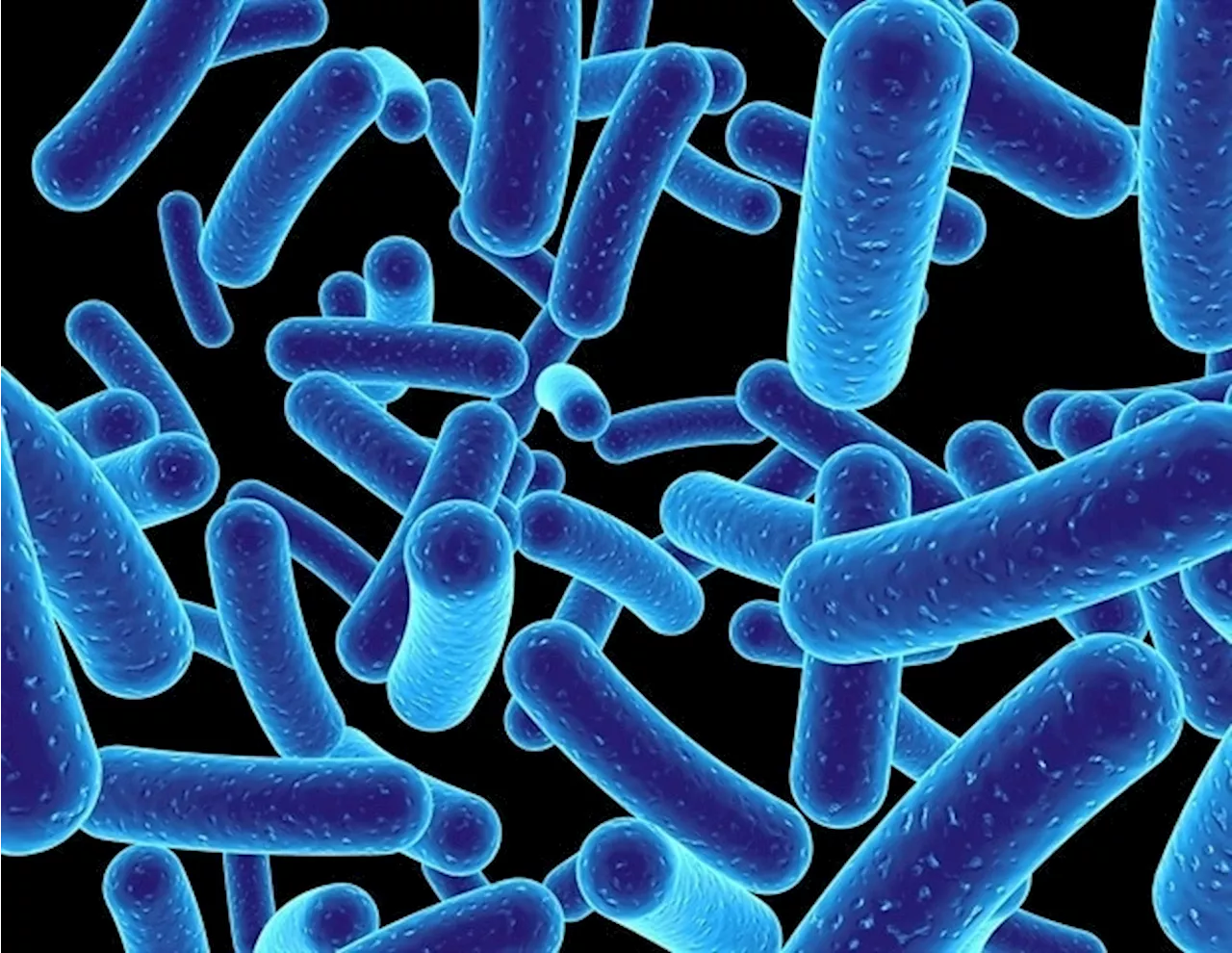Researchers at QUT's Translational Research Institute have discovered that modified peptides from a Brazilian tarantula and a Japanese horseshoe crab can effectively kill melanoma cells resistant to other therapies. The peptides, originally designed by nature to fight bacterial infections, target the cell membranes of cancer cells, eliminating them without harming healthy cells. This pre-clinical study, published in Pharmacological Research, suggests a potential breakthrough in overcoming drug resistance, a major challenge in melanoma treatment.
Translational Research InstituteDec 19 2024 Antimicrobial peptides derived from a crab and a spider may provide the pathway to overcoming drug resistance in advanced melanoma.
Study last author, QUT Associate Professor Sonia Henriques said that although the study is preliminary with much more research to be done, the results are exciting because drug resistance in melanoma is a huge challenge. The study conducted in both in vitro and in vivo models represents ten years of work and paves the way for further research to make the peptides more potent.
“It is amazing because there are so many peptides in nature and they inspire us as scientists to modify them and make them even more potent and stable,” Dr Benfield said.
Melanoma Drug Resistance Antimicrobial Peptides Cancer Treatment Cell Membrane
United Kingdom Latest News, United Kingdom Headlines
Similar News:You can also read news stories similar to this one that we have collected from other news sources.
 Claws for celebration: it’s Florida stone crab seasonIt’s the tastiest time of the year for seafood lovers, as a succulent local delicacy returns to Miami’s restaurants
Claws for celebration: it’s Florida stone crab seasonIt’s the tastiest time of the year for seafood lovers, as a succulent local delicacy returns to Miami’s restaurants
Read more »
 Claws for celebration: it’s stone crab season in MiamiIt’s the tastiest time of the year for seafood lovers, as a succulent local delicacy returns to the city’s restaurants
Claws for celebration: it’s stone crab season in MiamiIt’s the tastiest time of the year for seafood lovers, as a succulent local delicacy returns to the city’s restaurants
Read more »
 Research sheds light on how fat cells safely enlarge to store energyA team at the Centro Nacional de Investigaciones Cardiovasculares (CNIC), led by Professor Miguel Ángel del Pozo Barriuso, who heads the Mechanoadaptation and Caveolae Biology group at the CNIC, has identified an essential mechanism in fat cells (adipocytes) that enables them to enlarge safely to store energy.
Research sheds light on how fat cells safely enlarge to store energyA team at the Centro Nacional de Investigaciones Cardiovasculares (CNIC), led by Professor Miguel Ángel del Pozo Barriuso, who heads the Mechanoadaptation and Caveolae Biology group at the CNIC, has identified an essential mechanism in fat cells (adipocytes) that enables them to enlarge safely to store energy.
Read more »
 Orbit Discovery and Evergreen Theragnostics Expand Collaboration to Develop Targeted TherapiesOrbit Discovery and Evergreen Theragnostics have extended their research collaboration to identify novel targeting peptides for radiopharmaceutical delivery, aiming to advance next-generation therapies with enhanced precision and efficacy.
Orbit Discovery and Evergreen Theragnostics Expand Collaboration to Develop Targeted TherapiesOrbit Discovery and Evergreen Theragnostics have extended their research collaboration to identify novel targeting peptides for radiopharmaceutical delivery, aiming to advance next-generation therapies with enhanced precision and efficacy.
Read more »
 Peptide hydrogel boosts antibiotic effectiveness against resistant bacteriaResearch from Chalmers University of Technology, Sweden, shows that resistant bacteria can regain susceptibility to antibiotics when the treatment is combined with a material equipped with antibacterial peptides.
Peptide hydrogel boosts antibiotic effectiveness against resistant bacteriaResearch from Chalmers University of Technology, Sweden, shows that resistant bacteria can regain susceptibility to antibiotics when the treatment is combined with a material equipped with antibacterial peptides.
Read more »
 Claims of 'open' AIs are often open lies, research argues'When policy is being shaped, definitions matter'
Claims of 'open' AIs are often open lies, research argues'When policy is being shaped, definitions matter'
Read more »
